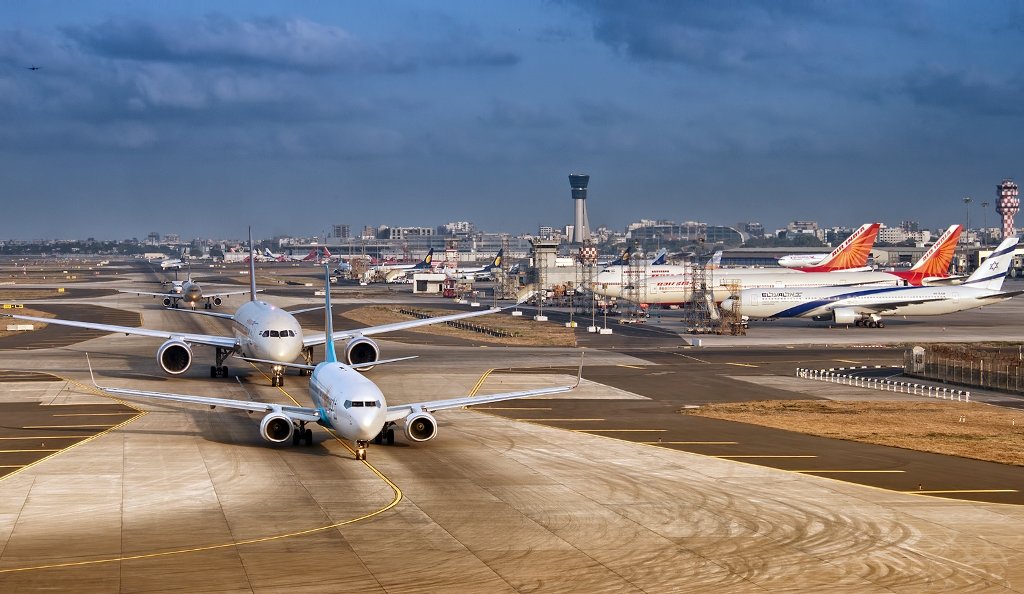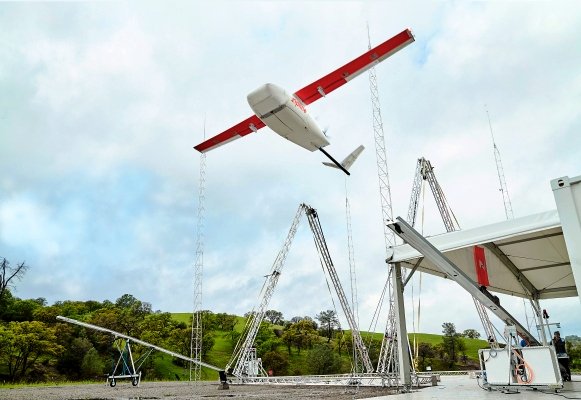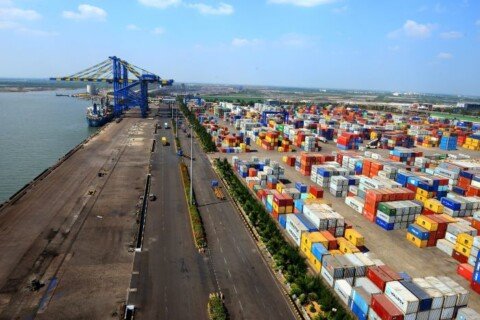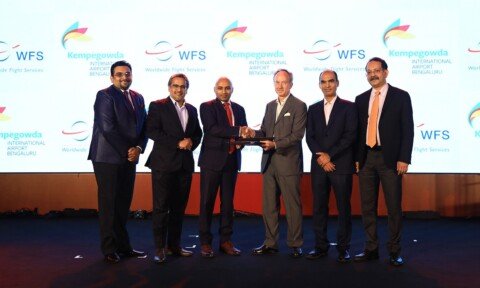Chhatrapati Shivaji Maharaj International Airport (CSMIA) announced the remarkable accomplishments of its cargo operations during the fiscal year 2023-2024, further solidifying its position as a premier global cargo hub. With a connection to over 700 cargo destinations this fiscal, CSMIA witnessed a noteworthy 6% year-on-year increase in the overall cargo volumes, marking a significant stride in economic recovery post the COVID-19 pandemic. This boost was predominantly driven by a remarkable 10% surge in international cargo volumes. Notably, these volumes managed to attain an impressive 93% recovery comparing to their pre-COVID levels, indicating a robust resurgence in global trade and logistics activities.
This fiscal year saw a 20% increase in the total number of Cargo Air Traffic Movements (ATMs). This achievement showcases the airport’s dedication to efficiently and flexibly managing the rapidly rising cargo volumes.
CSMIA’s cargo facility manages a diverse array of goods, with pharmaceuticals, agricultural products, and automobiles being among the primary categories. On the international scale, the top three categories transported are automobiles, pharmaceuticals, and agricultural cargo. Meanwhile, domestically, the leading cargo categories include General cargo, engineering goods, and post office (PO) mail. These categories underscore the airport’s proficiency in handling a wide variety of goods.
The surge in e-commerce significantly impacted cargo operations at CSMIA. The festive season of Diwali noticed a notable 87% year-on-year growth in e-commerce shipments. The demand for perishable items also experienced a noteworthy increase. Mango exports were particularly prominent during the months of April to July 2023, accompanied by the export of seasonal cut flowers and chocolates during the Valentine’s Day period. Additionally, in a groundbreaking achievement, CSMIA successfully handled its inaugural shipment of frozen ready-to-serve food products, such as Idli and Vada, using specialised va-Q-tec containers bound for Amsterdam.
CSMIA’s international cargo volumes comprised 56% exports and 44% imports. London, Frankfurt, Dubai, Chicago, and Amsterdam were the top global destinations for outgoing cargo, while Delhi, Bangalore, Chennai, Kolkata, and Hyderabad led domestically. Top International carriers handling cargo volumes from CSMIA included Emirates, Qatar, and Cathay Pacific, along with Indigo, Vistara and Akasa Air as top domestic carriers. This further reinforces the airport’s strategic position as a key facilitator in both international and domestic airfreight operations.
To enhance the infrastructure and facilitate the adoption of advanced technology, MIAL is in process of building Pre-Engineered Building Structure (PEB) to enhance its cargo handling capacity in imports. In addition to these efforts, CSMIA has pioneered innovations in cargo operations, notably introducing the Air Cargo Community System, Adani MIAL Air Exchange (AMAX), the first of its kind in India. This system revolutionises processes through SOPs, integrated systems, and digitisation. Mobile apps like AMAX and Turant enable transparent, paperless, and digital operations, eliminating physical documentation for export consignments. Integrated processes like E-Airwaybill, e-carting order, e-CSD, e-delivery orders, and e-gate passes ensure efficiency. Additionally, CSMIA spearheaded the Air Cargo Community portal in India, enhancing operational efficiency and supply chain planning. The introduction of Digital Docket Delivery (D-Cube) for import gate pass system further streamlines online processing, reducing paper usage and cargo dwell time.
With sustainability being an integral part of CSMIA’s operations, the airport has implemented various environmental sustainability initiatives such as LED lights, battery-operated cargo handling equipment, electric vehicles for staff movement, and solar panel installation to reduce electricity dependency, CSMIA has also prioritised the replacement of air conditioning units with lower GWP refrigerants.







